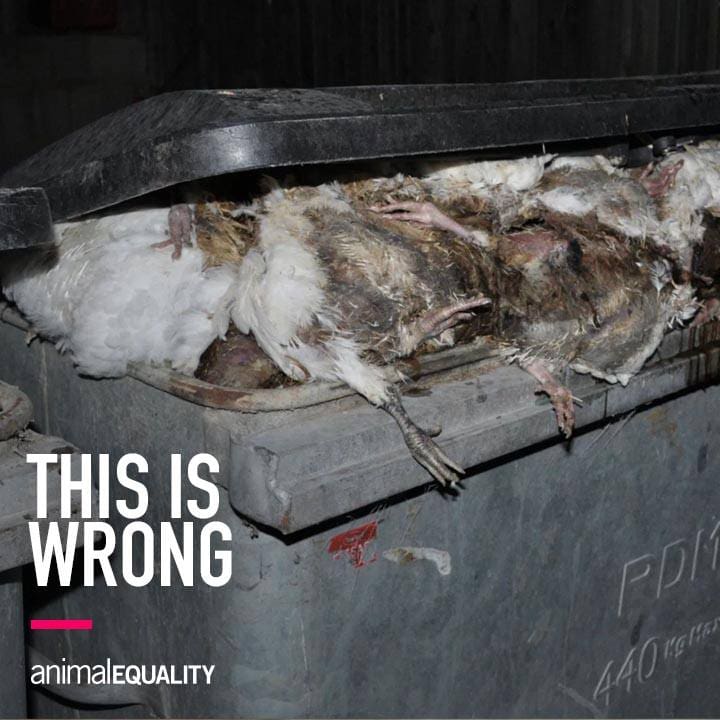In this post, we will delve deep into the unethical practices and environmental repercussions that arise from this industrialized way of raising animals for food. Our aim is not to condemn those involved in animal agriculture but rather to encourage awareness and prompt a conscious shift towards more sustainable and compassionate alternatives.
The Environmental Impact of Factory Farming

Land degradation and deforestation
Factory farming has a devastating impact on our planet’s ecosystems. In order to accommodate the vast numbers of animals involved, large areas of land are cleared, leading to deforestation and habitat destruction. This not only disrupts delicate ecosystems but also contributes to soil erosion and the loss of biodiversity.
Water pollution and depletion
The excessive demand for water in factory farms has severe consequences for local water systems. The massive amount of animal waste generated in these operations contains harmful chemicals and pathogens that find their way into water sources through runoff, polluting rivers, streams, and groundwater. Furthermore, the overuse of water exacerbates the issue of water scarcity, putting additional strain on already vulnerable communities.
Greenhouse gas emissions and climate change
The climate crisis is aggravated by factory farming, as it is a significant contributor to greenhouse gas emissions. Animals raised in confinement produce massive amounts of methane, a potent greenhouse gas that has a significant impact on global warming. Additionally, the energy required for feed production, transportation, and processing further increases the carbon footprint of the industry.

Animal Welfare and Ethical Concerns
In factory farms, animals are crammed into tight spaces, often unable to move freely or engage in natural behaviors. Pigs, chickens, and cows are kept in confined enclosures, leading to immense physical and psychological suffering. The lack of adequate living space and proper exercise negatively affects their health and overall well-being.
Cruelty and abuse
The cruel treatment of animals in factory farms is a distressing reality. Painful procedures, such as debeaking, tail docking, and castration, are often performed without anesthesia. Animals endure stress, fear, and prolonged suffering as a result of inhumane handling methods. These practices not only disregard the animals’ inherent worth but also desensitize humans to their pain and suffering.

Health implications
The unsanitary and disease-prone conditions in factory farms pose serious risks to animal health. The high density of animals creates a breeding ground for pathogens, increasing the likelihood of disease outbreaks. The rampant use of antibiotics as a preventive measure not only contributes to antibiotic resistance but also compromises food safety and human health when residues make their way into the food chain.
The Human Toll of Factory Farming
















































